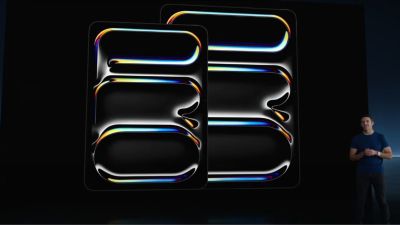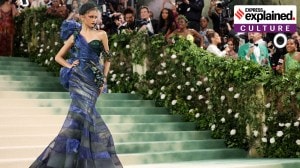- India
- International
A secular charter
It will also make it mandatory for all residents receiving or providing government services to uncover faces.
On September 17,a British court set off a row when it asked a Muslim woman to take off her full-face veil (niqab) while giving evidence. A look at some other bans on religious symbols and activities:
In September,Quebec sparked off a debate by proposing a charter of Quebec values to remain independent of religious authority. The charter will ban government employees from wearing ostentatious religious symbolsturbans,kippahs (skull caps),crucifixes and hijabs. It will also make it mandatory for all residents receiving or providing government services to uncover faces. While there have been protests,a Bill is expected soon.
It’s not French
In 2004,France passed a law giving public schools the right to ban any symbol indicating religious affiliation. The legislation was proposed to defend the French tradition of separating religion from civil life and education. The law effectively banned burqas,crucifixes and skull caps. Muslims believed the law especially targeted them as some of the objects listed were cultural and not religious. In 2013,France proposed that the ban be extended to universities as well. In September 2010,an Act was also passed by Parliament to ban face-covering headgear.
A towering ban
In November 2009,Switzerland,known for its religious tolerance,imposed a ban on the construction of minarets. The government,however,reassured Muslims that the minaret ban was not a rejection of the Muslim community,religion or culture. Of 150 mosques or prayer rooms in Switzerland for its 400,000 Muslims,only four have minarets. None conduct the call to prayer. In 2011,several Swiss Muslim associations approached the European Court of Human Rights,but the seven-judge panel shot down the cases.
Crucifixes barred
In November 2009,the European court of Human Rights held that the display of crucifixes in Italian public schools violates religious and educational freedom. The Church and government officials reacted angrily. The Strasbourg court ruled that the crucifix could be viewed as disturbing by non-Christians and atheist pupils. The government argued that it was a symbol of culture,history,identity,tolerance and secularism and said it would appeal the decision. However,the panel stopped short of ordering Italy to remove the crucifixes.
No Christmas carols

The US Supreme Court,by declining to hear an appeal on a school ban on religious holiday music,ensured that carols stay off holiday concerts in a school district in New Jersey. The decision ended a six-year-long legal battle. The courts rejection of the case could lead to a ban in school districts across the country,the prosecuting lawyer said. Courts used the reasonable person standardessentially,whether a reasonable person would feel a religious display or expression constituted an endorsement of religion.
May 07: Latest News
- 01
- 02
- 03
- 04
- 05





































